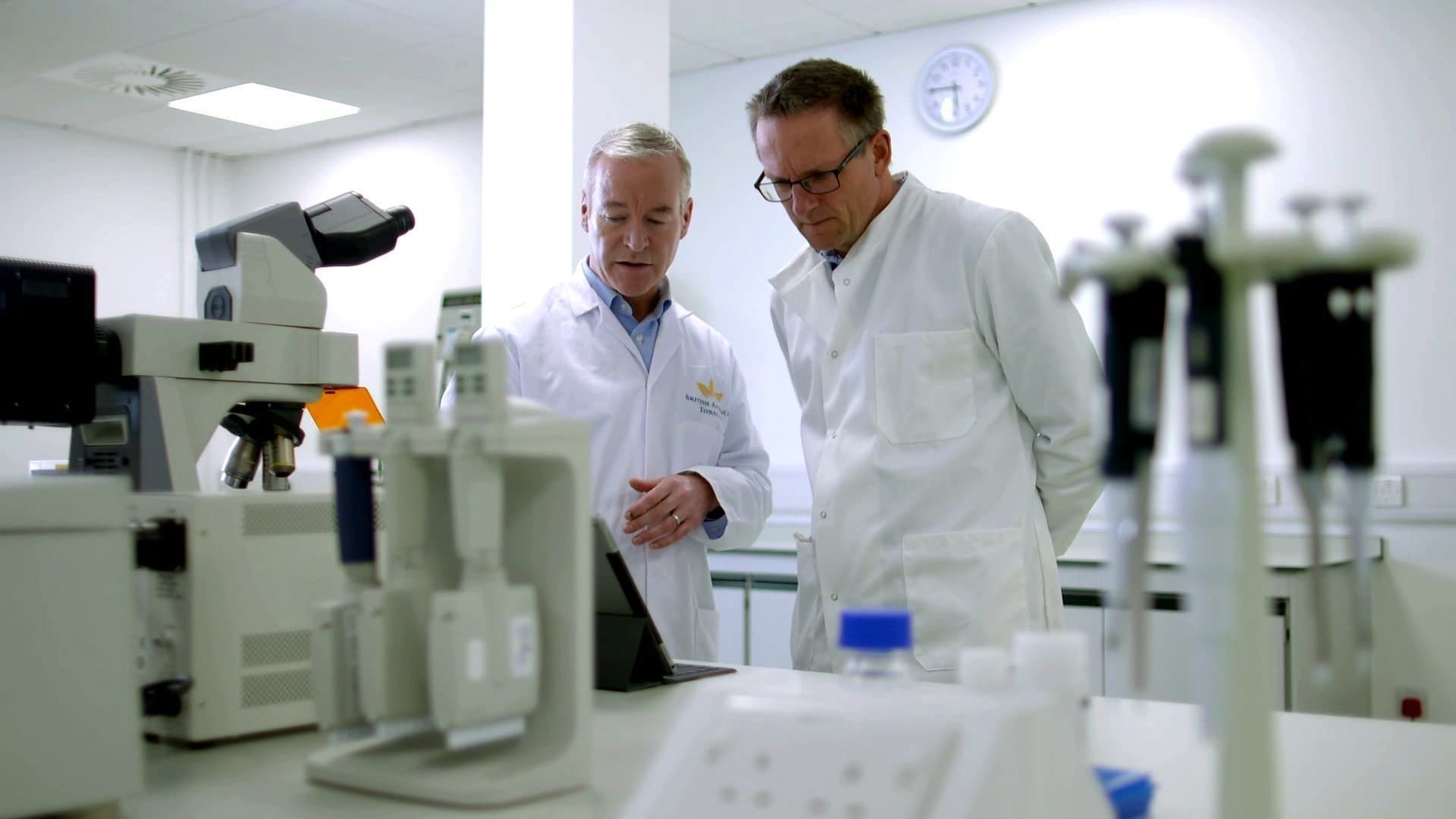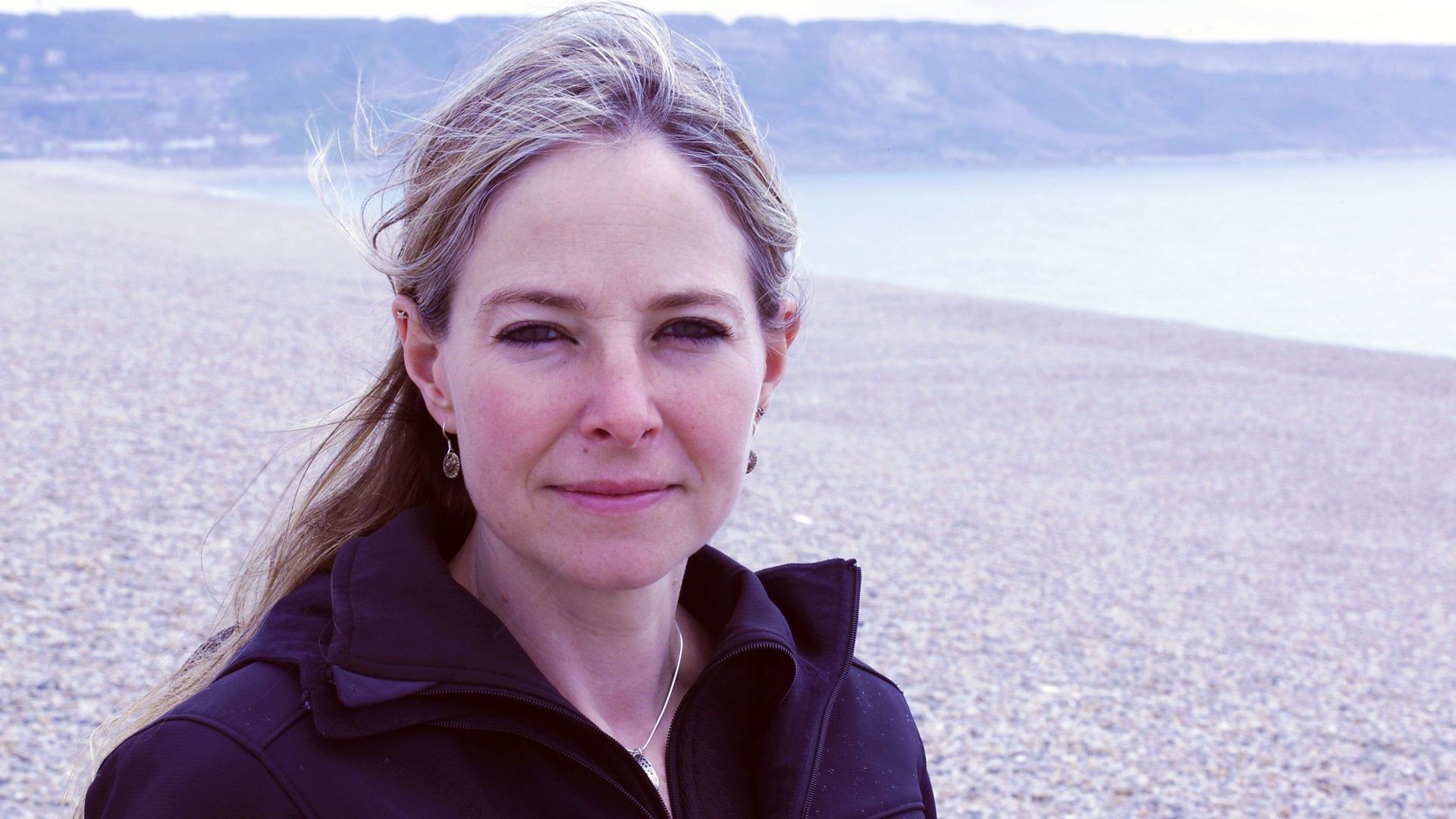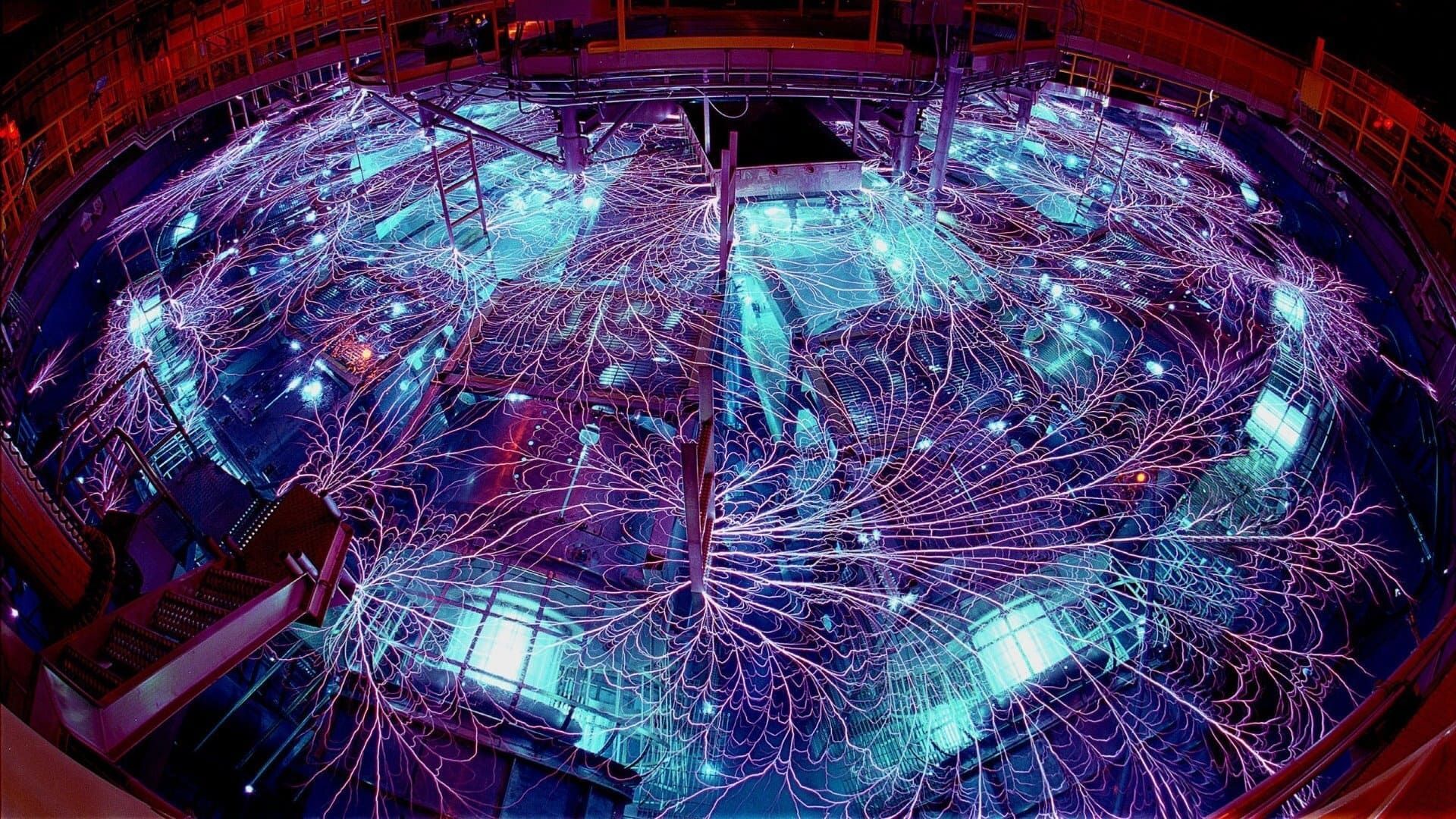
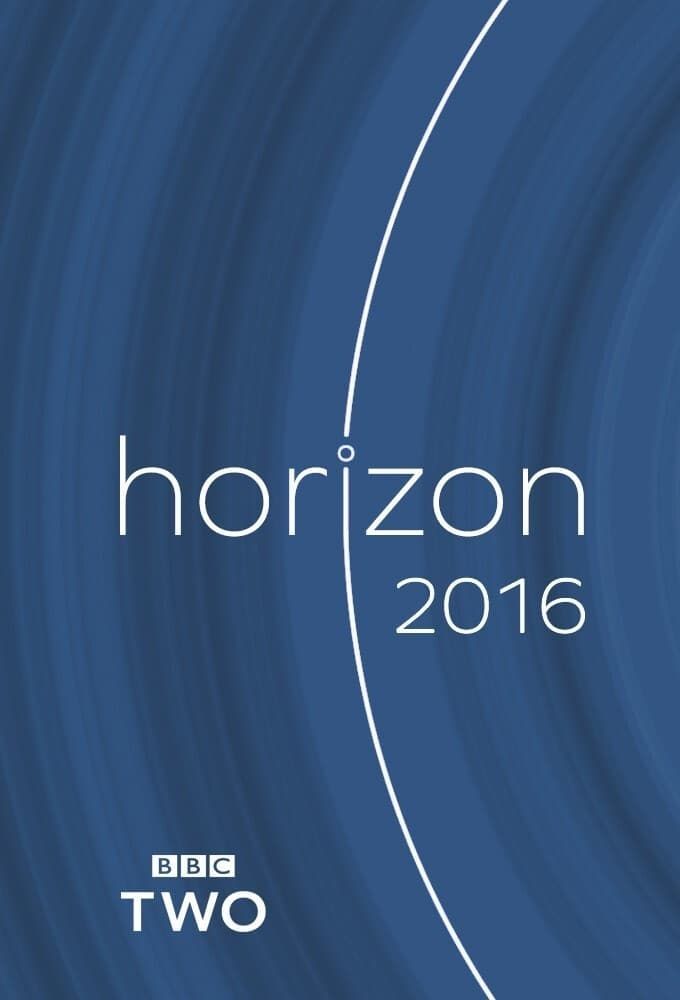
Horizon
2016
TV-PG
British documentary series that covers a variety of subjects in science and philosophy.
Where to Watch 2016
16 Episodes
- The Immortalist
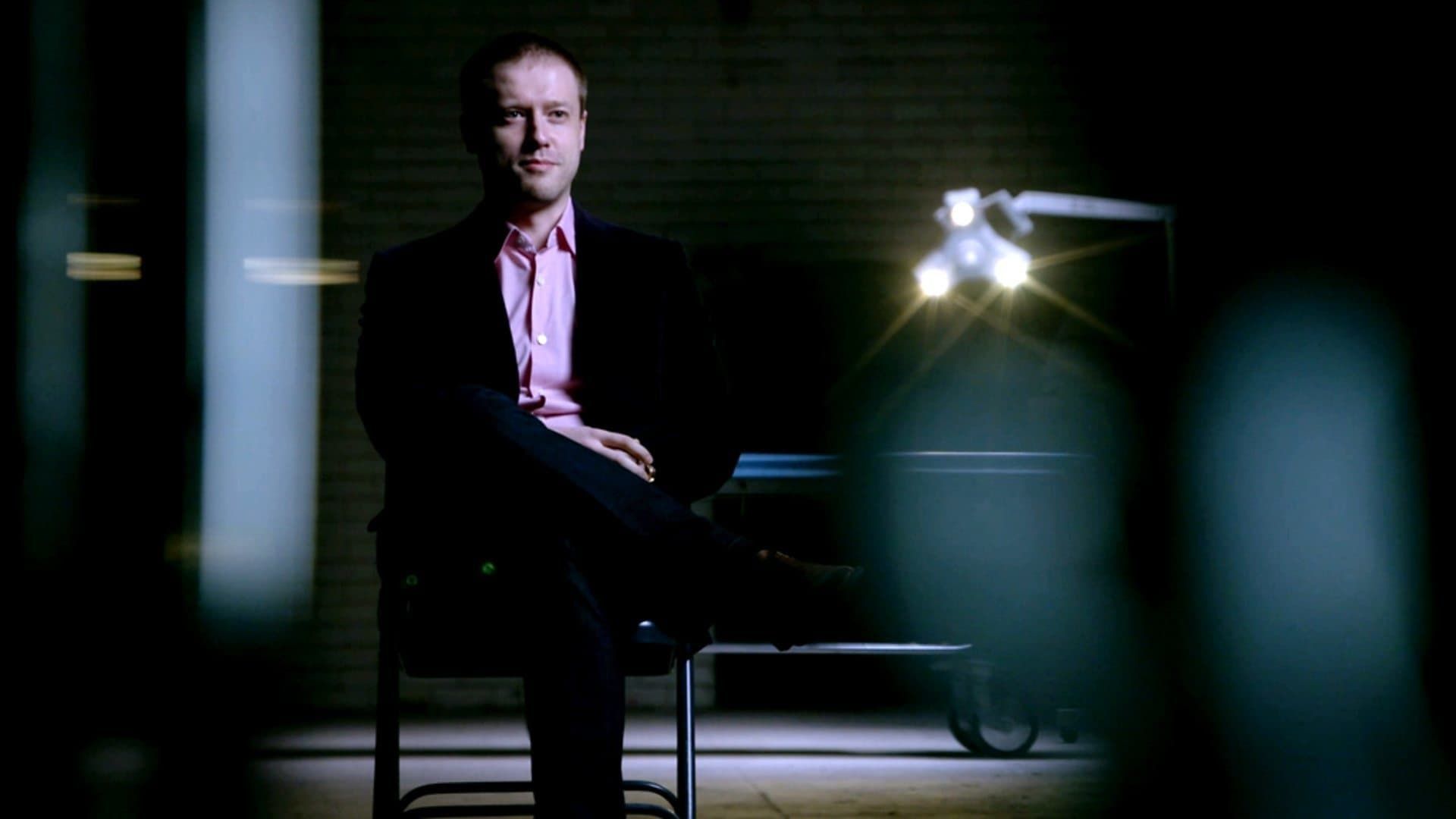 E1
E1The ImmortalistInvestigating the story of how a Russian internet millionaire, Dmitry Itskov, is turning to cutting edge science to try to unlock the secret of living forever. The programme investigates the real science inspiring his bold plan to upload the human mind to a computer, and examines whether his goal of bringing about immortality for humans within thirty years is attainable. - Project Greenglow - The Quest for Gravity Control
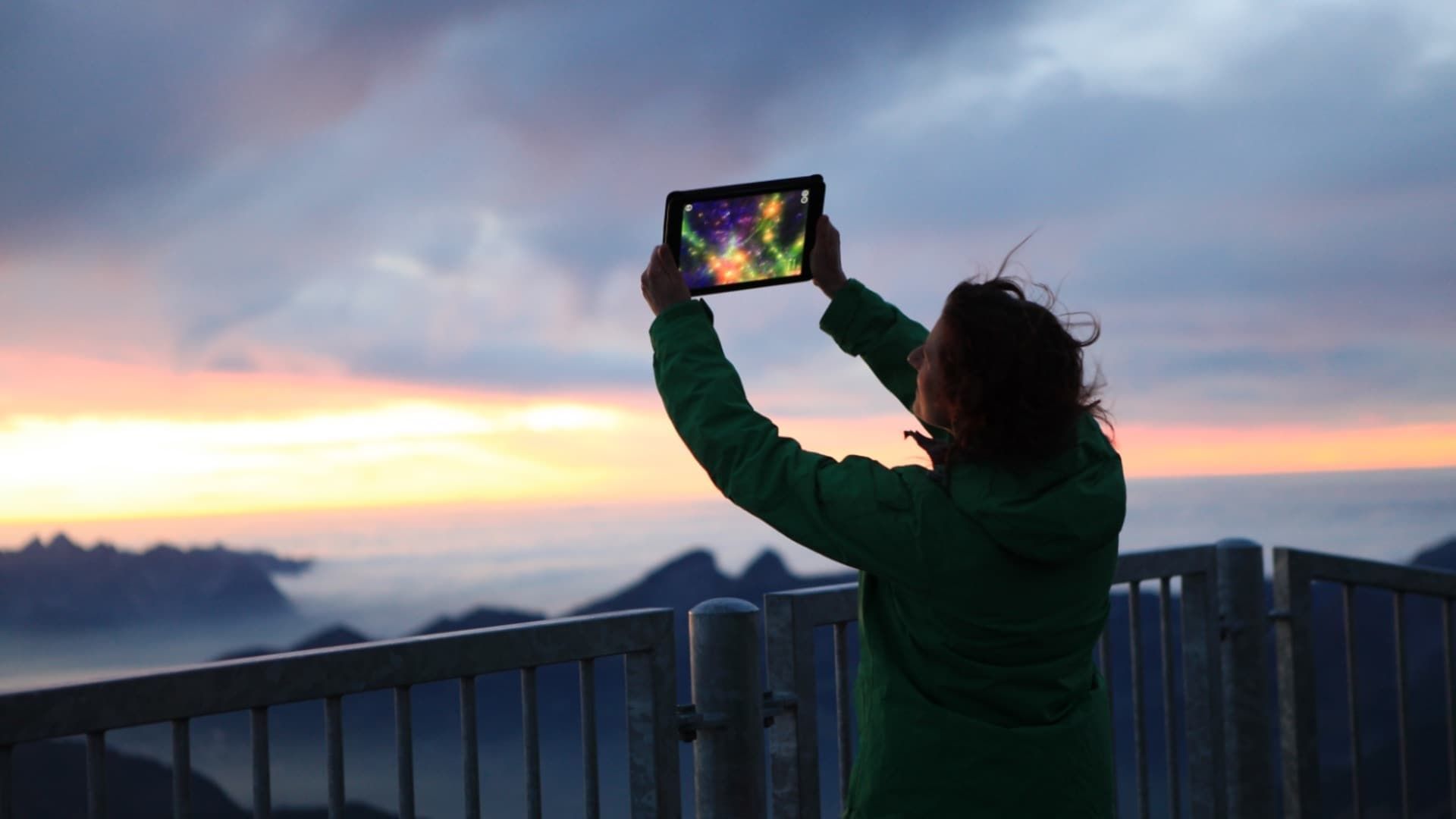 E2
E2Project Greenglow - The Quest for Gravity ControlDocumentary exploring science's long-standing obsession with the idea of gravity control, including recent breakthroughs in the search for loopholes in conventional physics. The programme examines how the groundwork carried out by Project Greenglow in the mid-1990s by UK defence manufacturer BAE Systems (based on the work of Eugene Podkletnov[82]) has changed the understanding of the universe, making the dream of flying cars and journeys to the stars no longer quite so distant. - The Mystery of Dark Energy
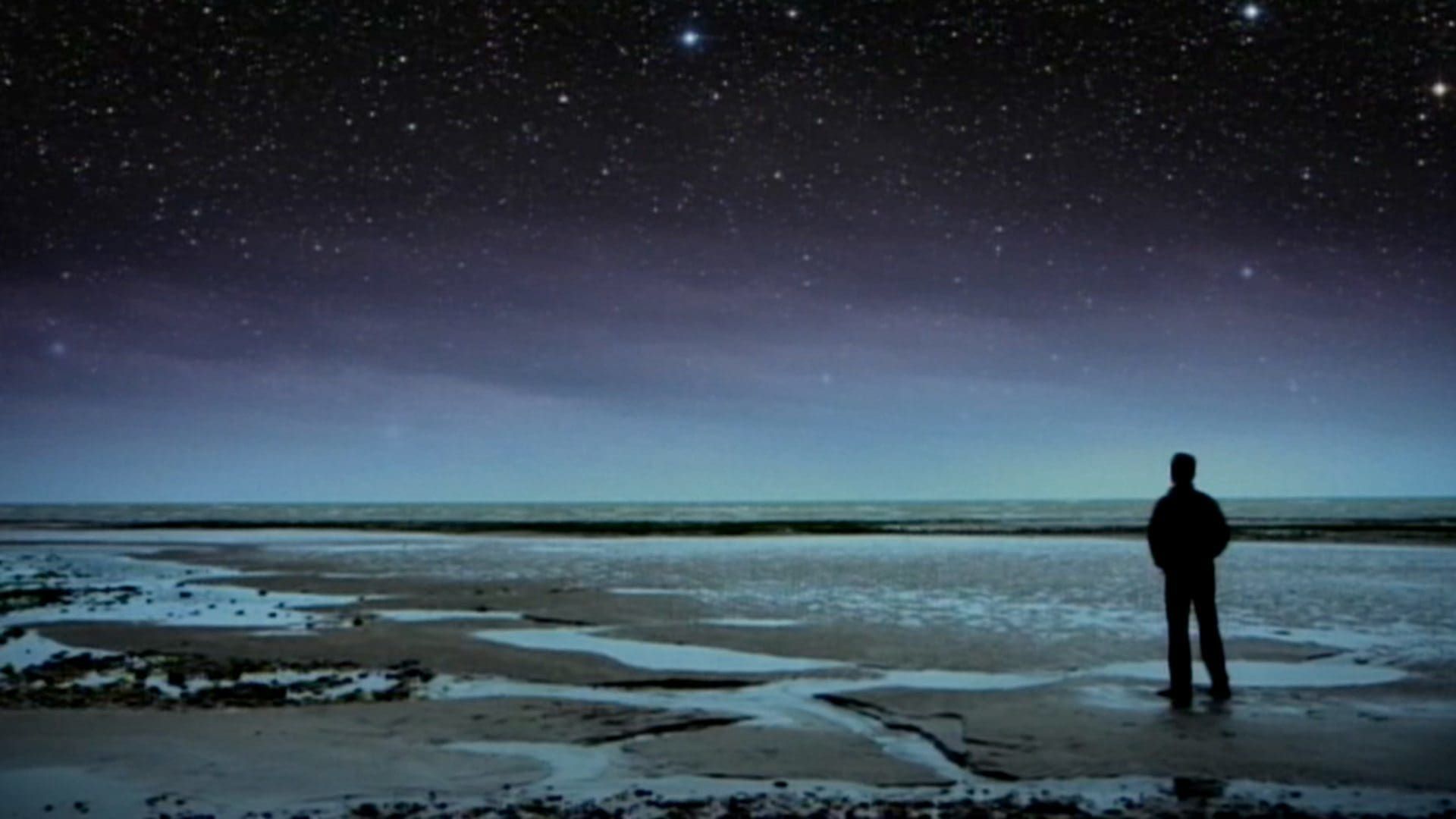 E3
E3The Mystery of Dark EnergyEinstein's Theory of General Relativity is still one of the pillars of modern physics. But 100 years after Einstein's theory, there's something that seems to undermine everything we thought we knew - Dark Energy. No one can see it, and there is still great debate over what it is. - Oceans of the Solar System
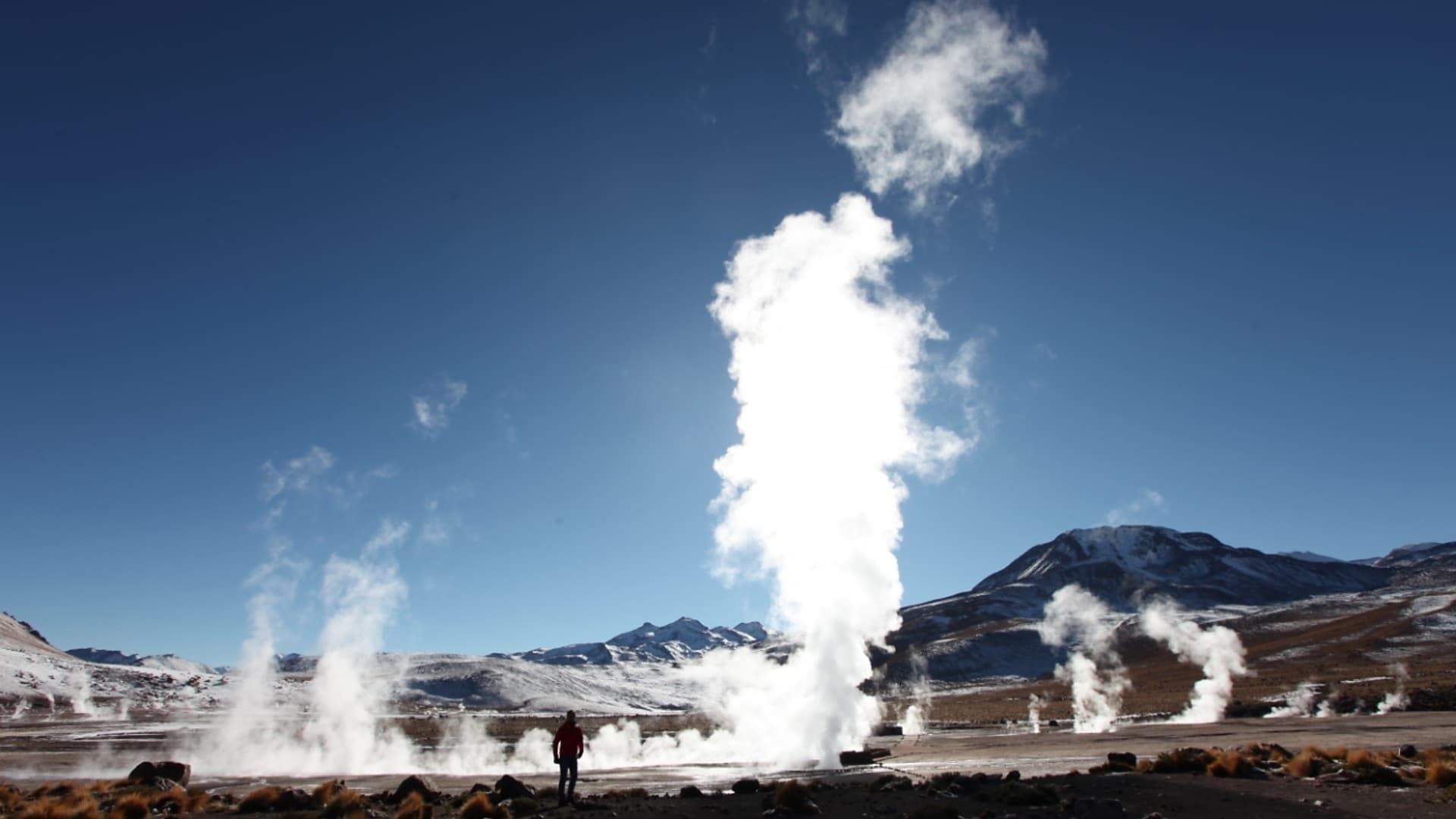 E4
E4Oceans of the Solar SystemThe oceans define the earth. They are crucial to life and we used to think that they were unique to our blue planet. But we were wrong. It has recently been discovered that there are oceans all over our solar system and they are very similar to our own. And now scientists are going on an epic journey in search of new life in places that never seemed possible. Nasa is even planning to dive to the depths of a strange, distant ocean in a remarkable submarine. Horizon discovers that the hunt for oceans in space is marking the dawn of a new era in the search for alien life. - The End of the Solar System
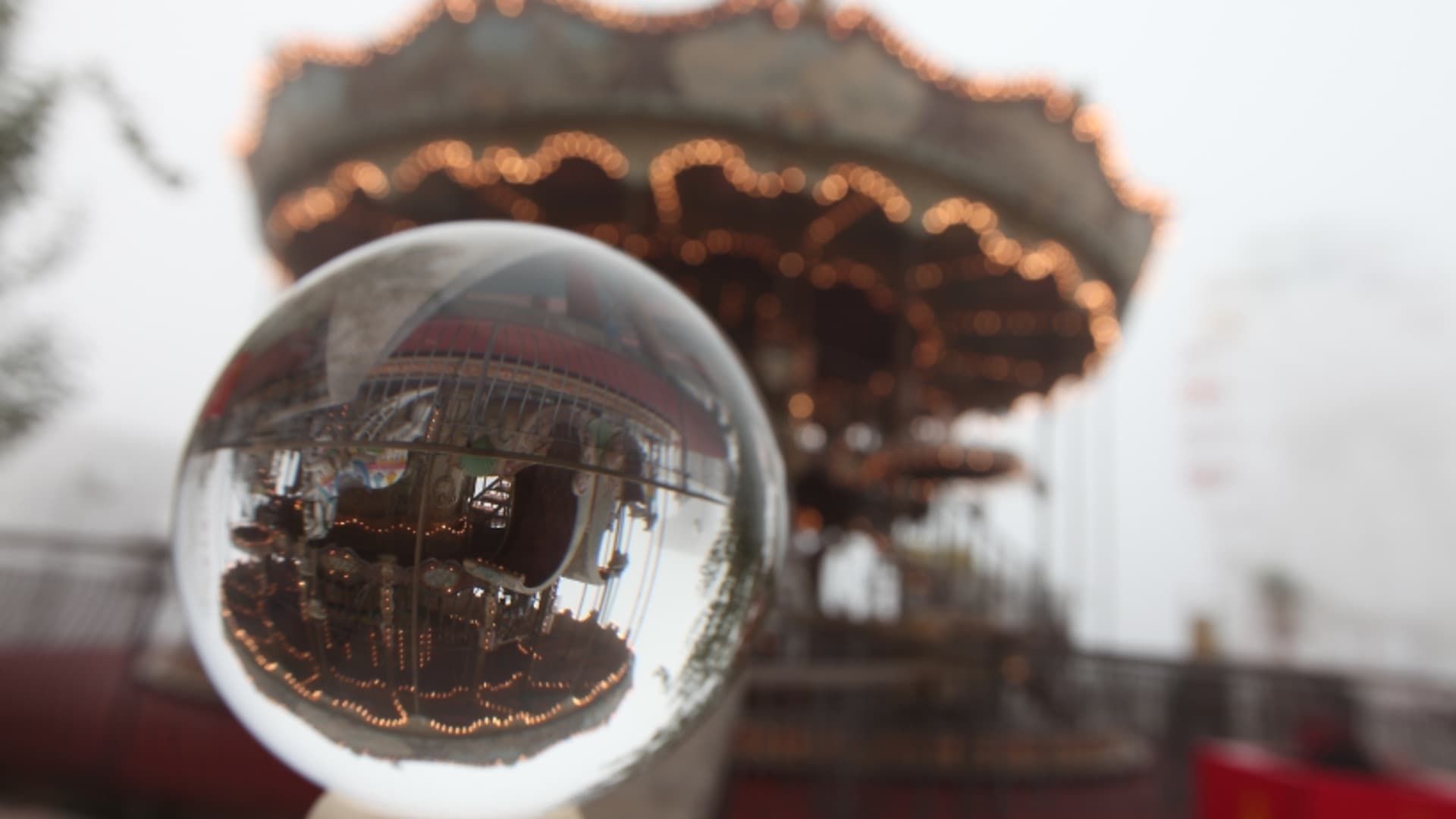 E5
E5The End of the Solar SystemThis is the story of how our solar system will be transformed by the ageing sun before coming to a spectacular end in about eight billion years. Astronomers can peer into the far future to predict how it will happen by analysing distant galaxies, stars and even planets in their final moments. - Should We Close Our Zoos?
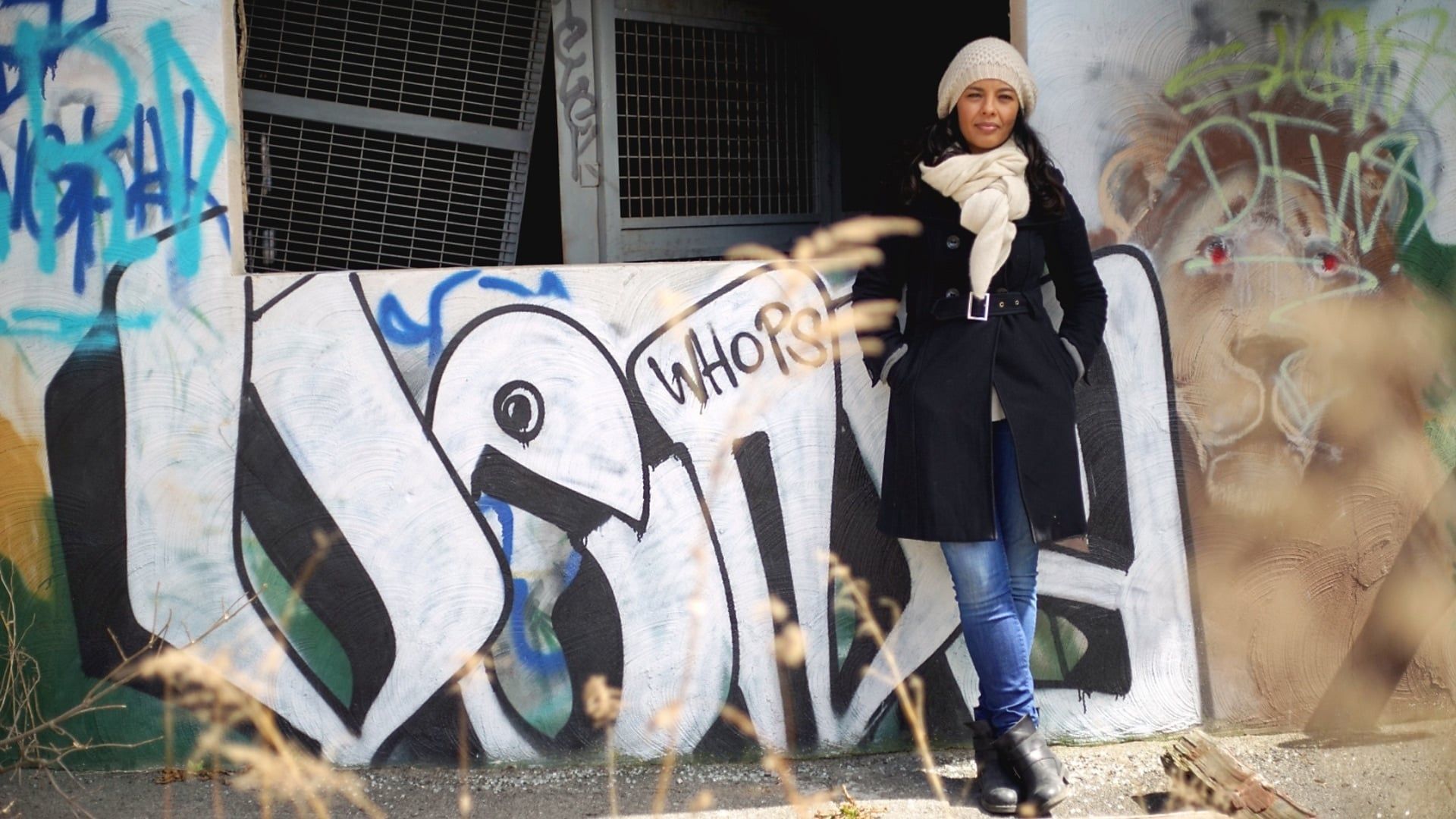 E6
E6Should We Close Our Zoos?Liz Bonnin presents a controversial and provocative episode of Horizon, investigating how new scientific research is raising hard questions about zoos - the film explores how and why zoos keep animals, and whether they need to change to keep up with modern science or ultimately be consigned to history. Should zoos cull their animals to manage populations? Liz travels to Copenhagen Zoo, who killed a giraffe and fed it to the lions, to witness their culling process first hand. They think it is a natural part of zoo keeping that is often swept under the carpet. Should some animals never be kept in captivity? In a world exclusive, Liz visits SeaWorld in Florida and asks if captivity drove one of their orcas to kill his trainer. But could zoos be the answer to conserving endangered species? Liz examines their record, from helping breed pandas for the wild to efforts to save the rhinos. She meets one of the last surviving northern white rhinos and discovers the future of this species now lies in a multimillion-dollar programme to engineer them from stem cells. Veteran conservation scientist Dr Sarah Bexell tells Liz the science of captive breeding is giving humanity false hope. - How to Find Love Online
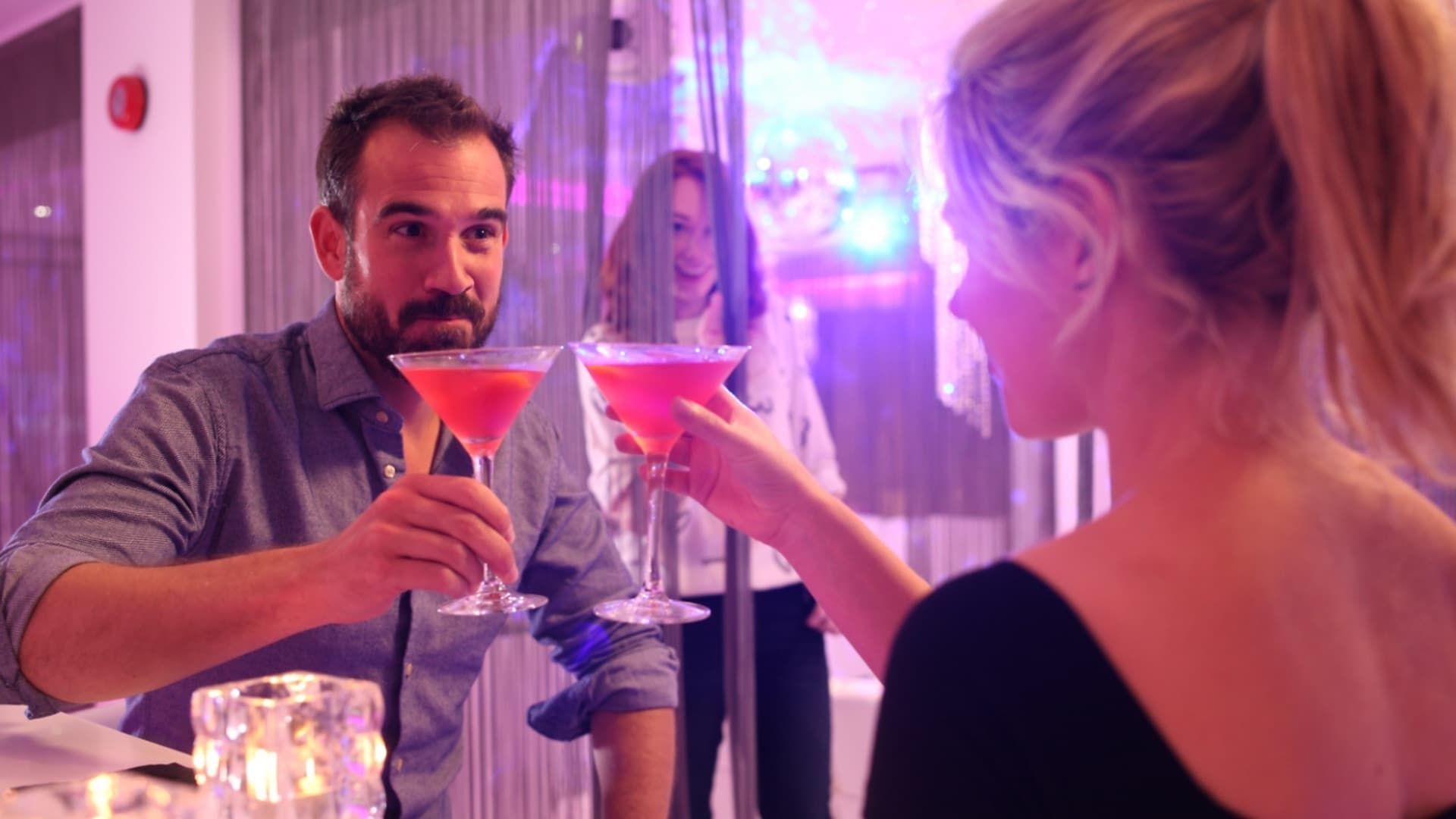 E7
E7How to Find Love OnlineDr Xand Van Tulleken is single and looking for love. Mathematician Dr Hannah Fry wants to use him as her guinea pig to test whether the algorithms that dating sites use to match people actually work. While Hannah builds a dating site, Xand meets the scientists investigating online dating - and learns what pictures to use and what to write in his profile. He tries out a 'bot' that has automated a swiping app and has an MRI scan to find out whether his brain is equipped for love. 50 members of the public take part in some mini experiments at a date night - and Xand goes on various dates to test whether the algorithm is better than him choosing randomly. - Ice Station Antarctica
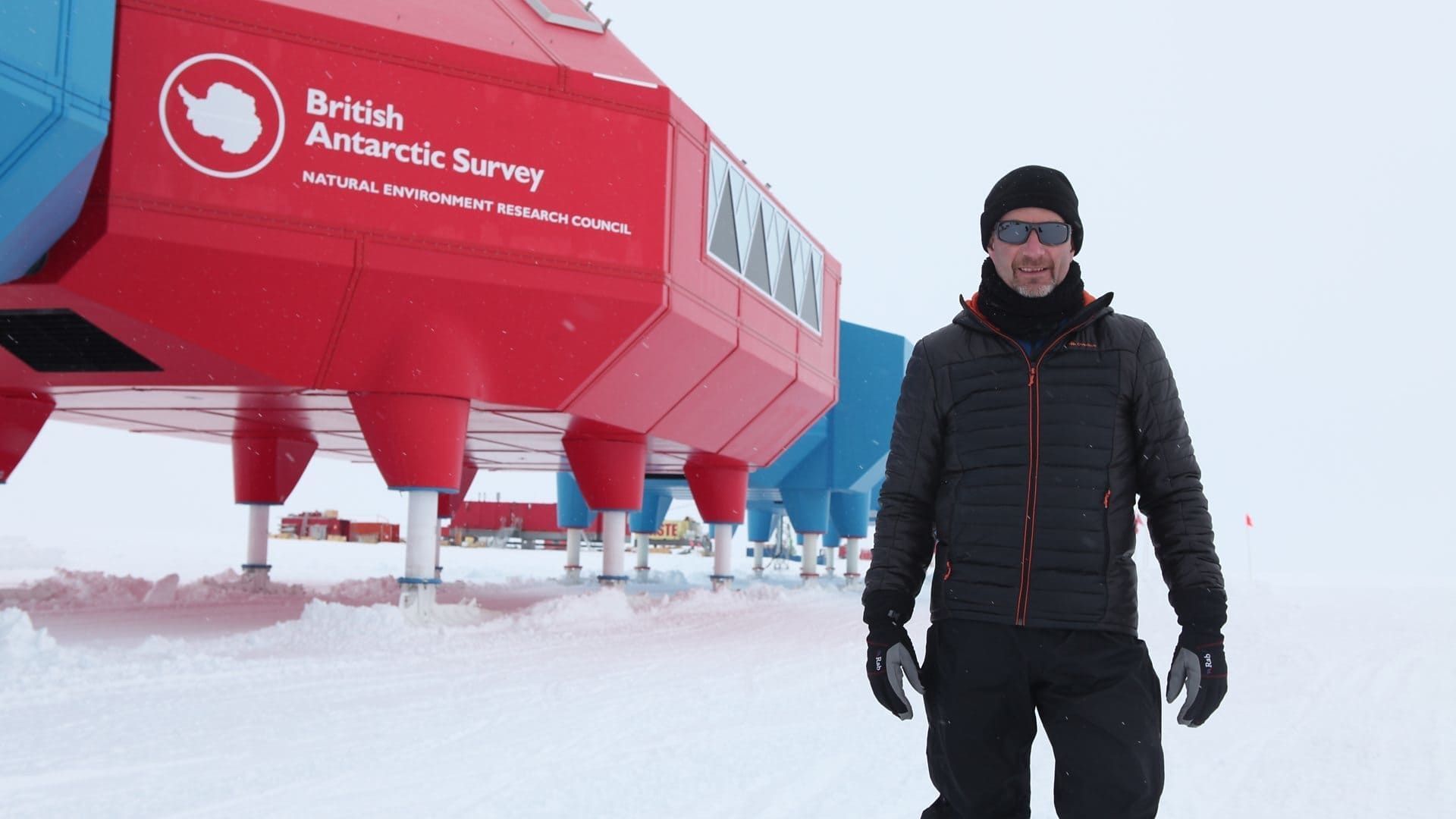 E8
E8Ice Station AntarcticaAntarctica is the last great wilderness. It's the coldest, windiest, driest and most isolated place on Earth. And every winter, for over three months of the year, the sun never rises. But it's also home to the British Antarctic Survey's Halley Research Station. A veteran of living and working at Halley in the early eighties, BBC weatherman Peter Gibbs makes an emotional return to the place he once called home. A place that, during his time, was key to the discovery of the ozone hole. The journey starts with an arduous 12-day, 3000-mile voyage onboard the RRS Ernest Shackleton. Once on the ice shelf, Peter is delighted to finally arrive at the futuristic research station and marvels at the cutting edge science being done at Halley today. From vital discoveries about how our lives are vulnerable to the sun's activities, to studying interplanetary travel and the threat of man-made climate change. But Peter's journey is also something of a rescue mission. The research station's home is a floating ice shelf that constantly moves and cracks, and the ice shelf has developed a chasm that could cast Halley adrift on a massive iceberg. - Curing Alzheimer's
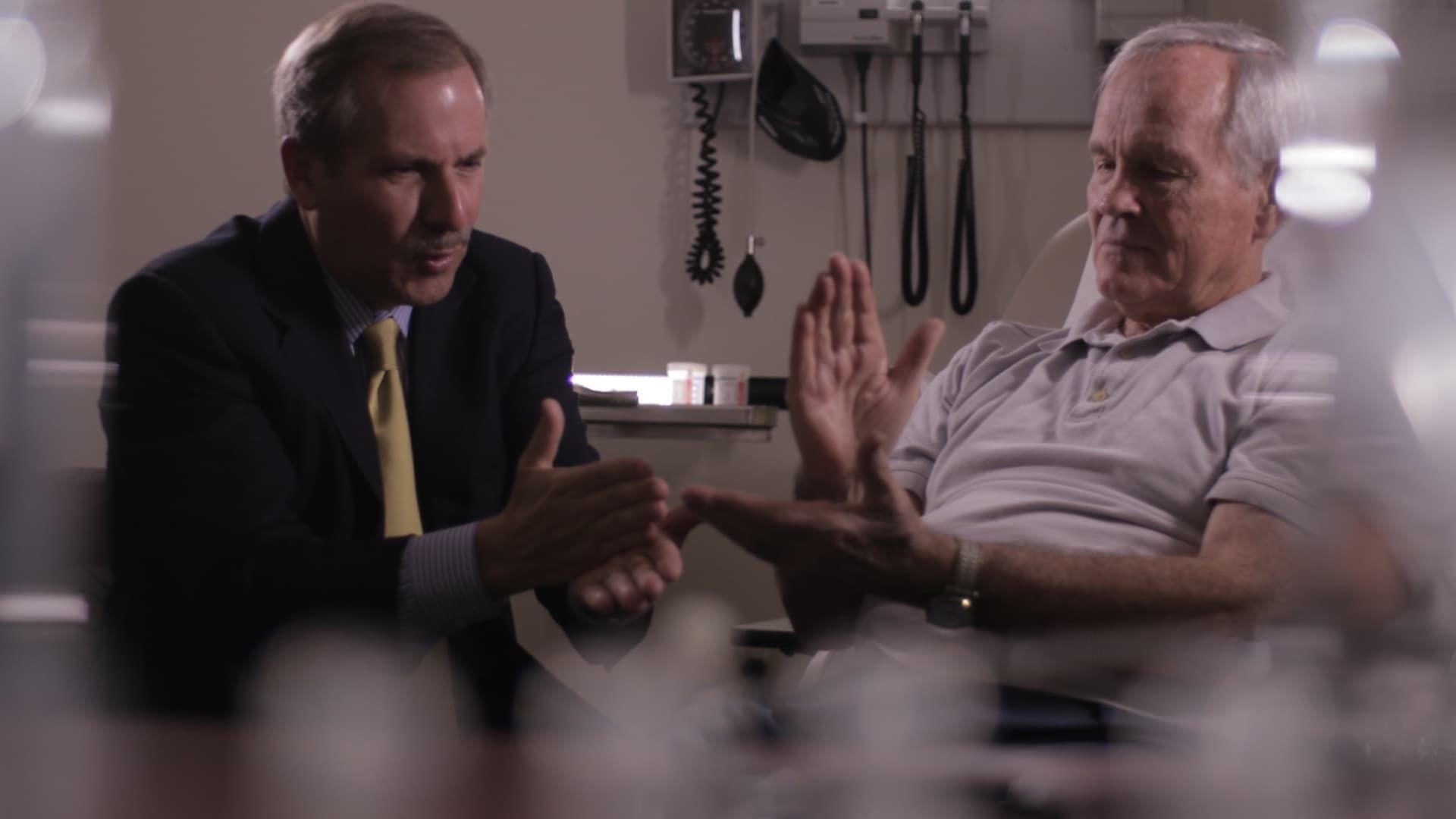 E9
E9Curing Alzheimer'sHorizon investigates a new era of Alzheimer's research, which is bringing hope to millions of sufferers across the world. New scanning and gene technology is allowing scientists to identify the disease at its earliest stages, often 15 years before symptoms appear and the brain cells are destroyed. A series of new drugs trials in Colombia, the USA and Europe are showing startling success in reducing beta amyloid, the protein which is a hallmark of the disease. It is also becoming clear that changes in lifestyle can prevent the development of the disease. A new system inside the brain has been discovered which clears amyloid when we are in deep sleep, but allows it to accumulate if we don't sleep well. The programme reveals that for sufferers in the early stages of the disease, brain connections, or synapses, can be strengthened and even replaced by absorbing enough of the right nutrients. A UK-wide trail helps sufferers in the early stages to concentrate on improving everyday tasks, and in the process not only make their lives easier, but helps to reactivate the planning and organisational parts of the brain. In an aging world, where the biggest risk of developing Alzheimer's is old age, the scientific breakthroughs in Alzheimer's disease are bringing hope where once there was despair. - Why Are We Getting So Fat?
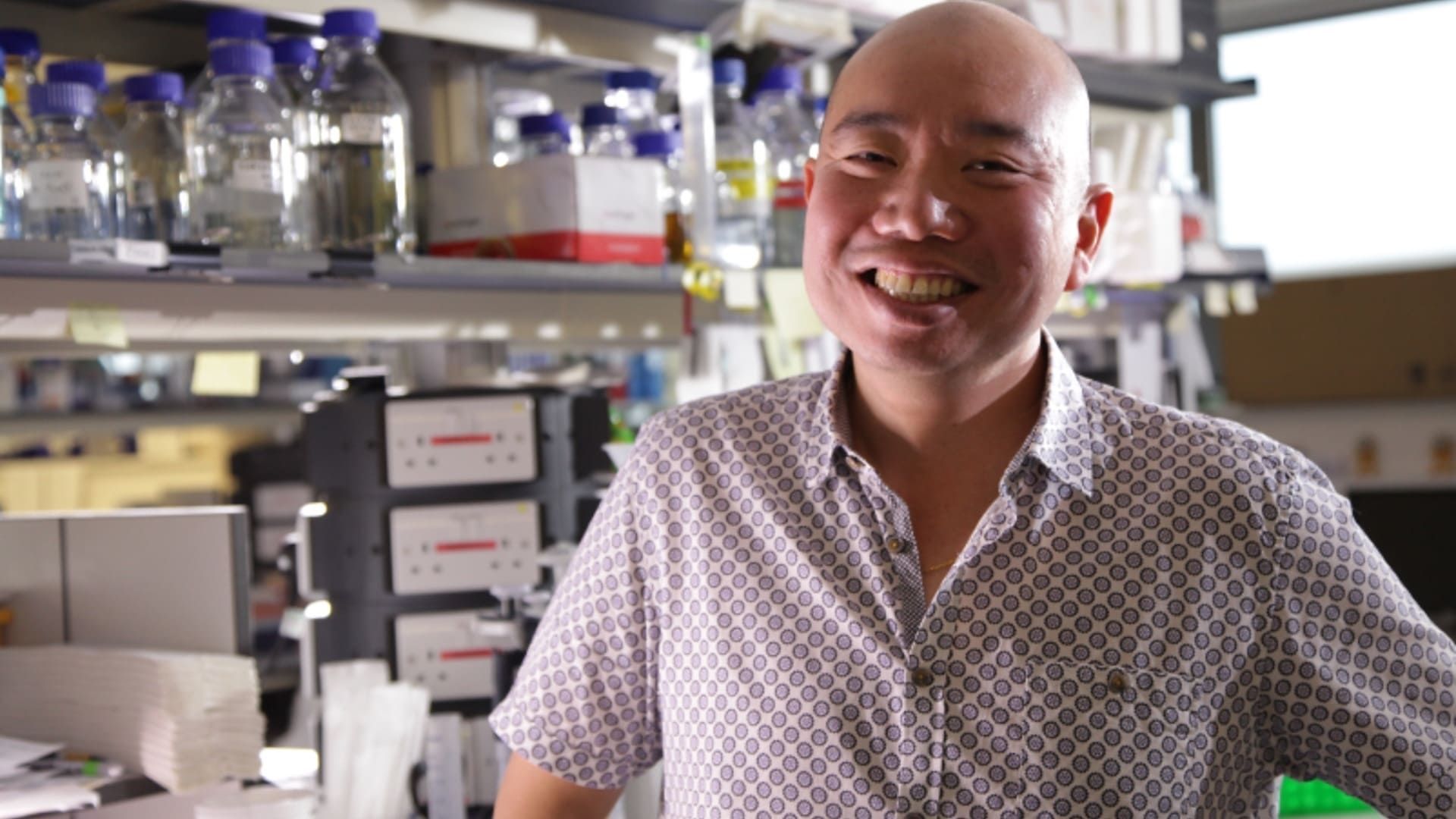 E11
E11Why Are We Getting So Fat?Over 62% of adults in the UK are currently overweight or obese and this figure is set to rise. A common attitude is that obese people should be ashamed - it is their fault, they have no will power and if they could just 'eat less and exercise more', the problem would soon be solved. Yet, despite millions of pounds being spent on this simple message, the UK is getting fatter every year. Cambridge geneticist Dr Giles Yeo believes that for many obese people, simply eating less is a lot harder than you might think - and he is taking a road trip around the UK and America to uncover why. He meets the real people behind some of the more shocking newspaper headlines and, through their stories, reveals surprising truths which dispel commonly held myths about obesity. He gains access to scientists and doctors trialling cutting-edge techniques to tackle the crisis - from a 'miracle' hormone injection to a transfusion of faecal matter, and even learns a thing or two about his own size and relationship with food. - Sports Doping - Winning At Any Cost?
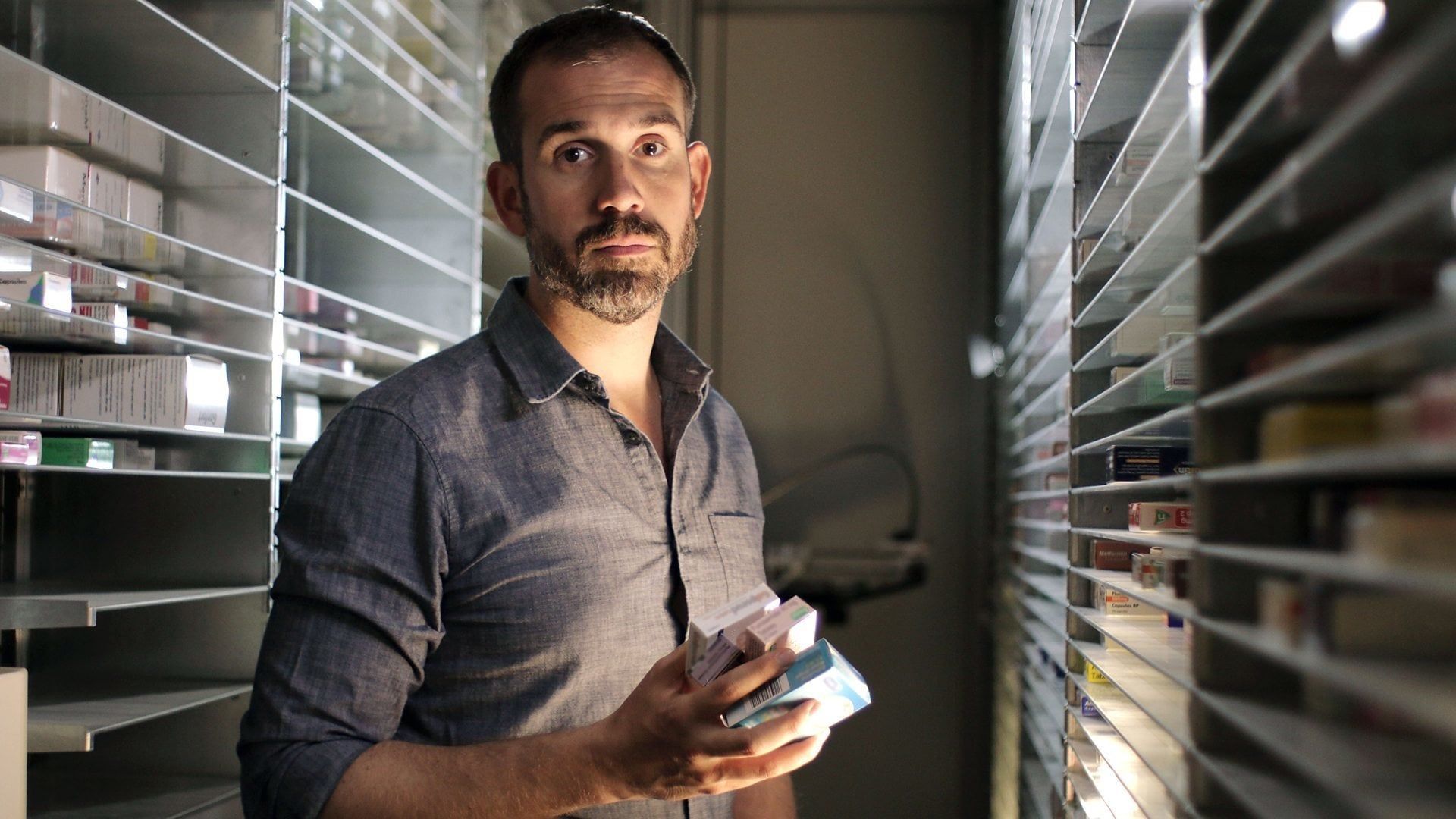 E12
E12Sports Doping - Winning At Any Cost?Dr Xand van Tulleken investigates the world of performance-enhancing drugs - from the athletes seeking the rewards of fame, glory and lucrative sponsorship deals to the hundreds of thousands of people in the UK now regularly taking anabolic steroids to look good and buff up. What are these drugs? What do they do to the body? And is it worth it? Xand's investigation reveals the extraordinary gamble dopers take with their health. Long-term effects include kidney failure, cognitive impairment and testicular shrinkage, and Xand witnesses how users are self-experimenting with drugs that have not yet been approved for human use. Horizon uncovers the new frontier of doping, from new molecules to gene therapy - where the genes that control muscle growth are altered. These new methods could be completely undetectable by the doping authorities. Finally, with the help of his twin brother Chris, Xand discovers the legal ways some athletes try to gain the edge. - Inside CERN
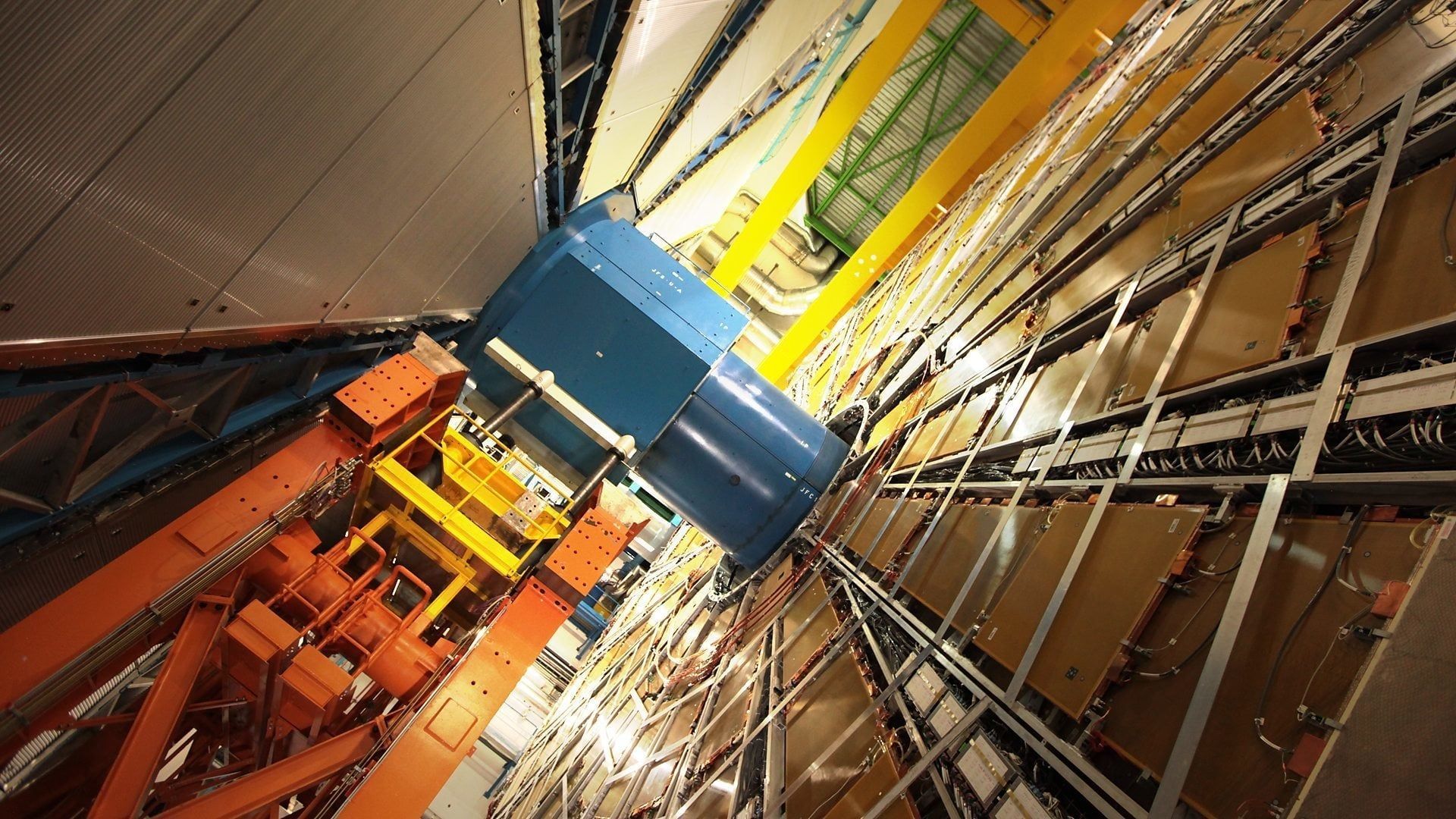 E13
E13Inside CERNBBC Horizon follows the ups and downs of an outstanding story in particle physics. In June 2015, teams at CERN started running the large hadron collider at the highest energy ever. Rumours quickly emerged that they were on the brink of a huge discovery. An enigmatic bump in some data suggested a first glimpse of a brand new particle that could change our understanding of how the universe works. - My Amazing Twin
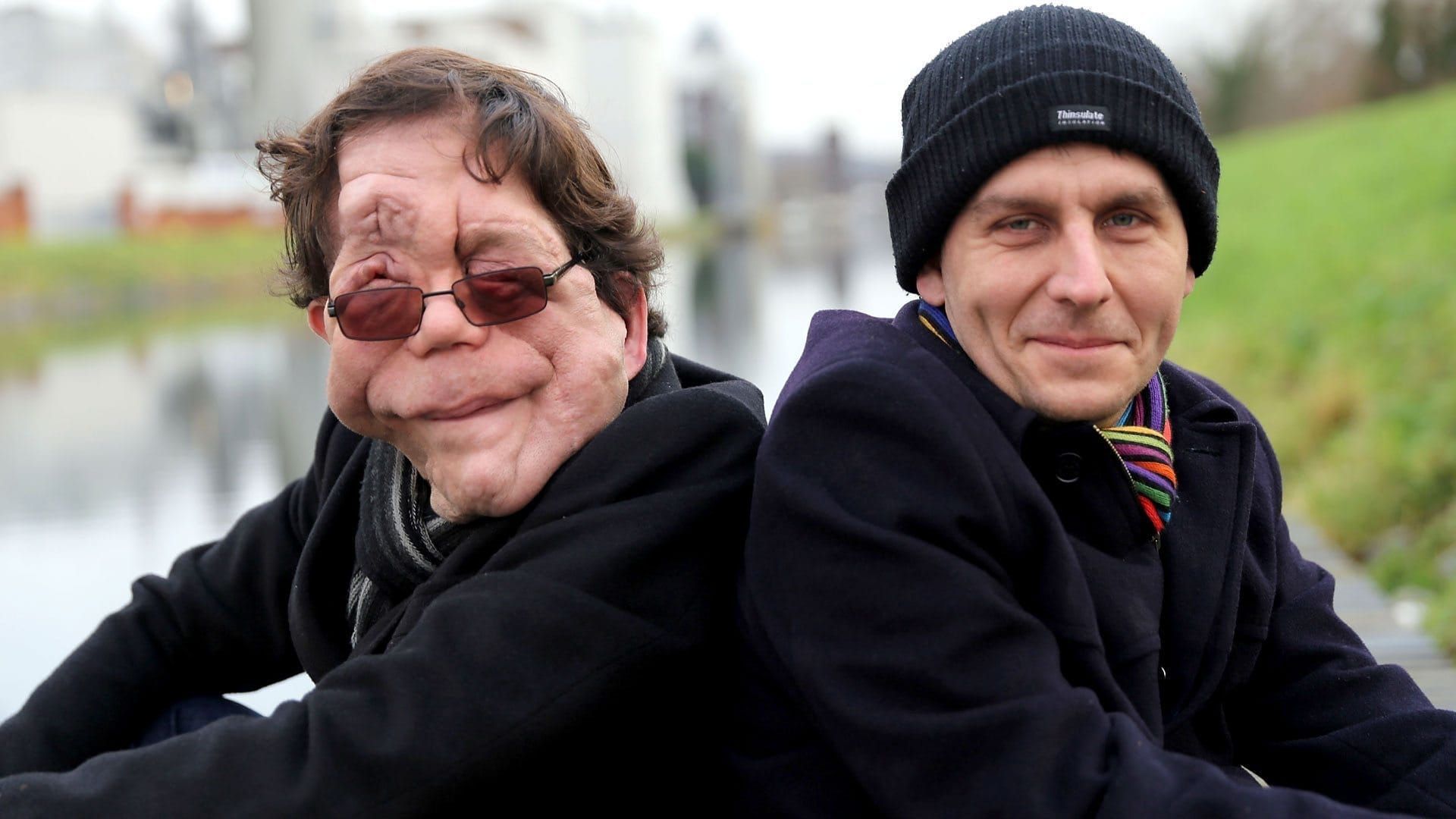 E14
E14My Amazing TwinThe acerbically witty and severely facially disfigured broadcaster Adam Pearson presents a personal film about genetics. He and his twin brother Neil are genetically identical and both share the same genetic disease, Neurofibromatosis 1 (Nf1) - yet they are completely different. Adam's face is covered with growths, whereas Neil has none. Neil has short term memory loss, whereas Adam is razor sharp. How can the same genetic disease affect identical twins so differently? Adam is on the cusp of a successful film and television career, but the disease has left tumours on his face that are growing out of control and he could lose his sight. For years, everyone thought Adam's brother Neil had escaped symptoms, but today his life is governed by epilepsy and a mysterious memory loss that suddenly came on during his teens. Determined to save their future, Adam tries to find out why the disease affects the twins so differently and see if there is anything he can do to stop it from tearing their lives apart. - The Wildest Weather in the Universe
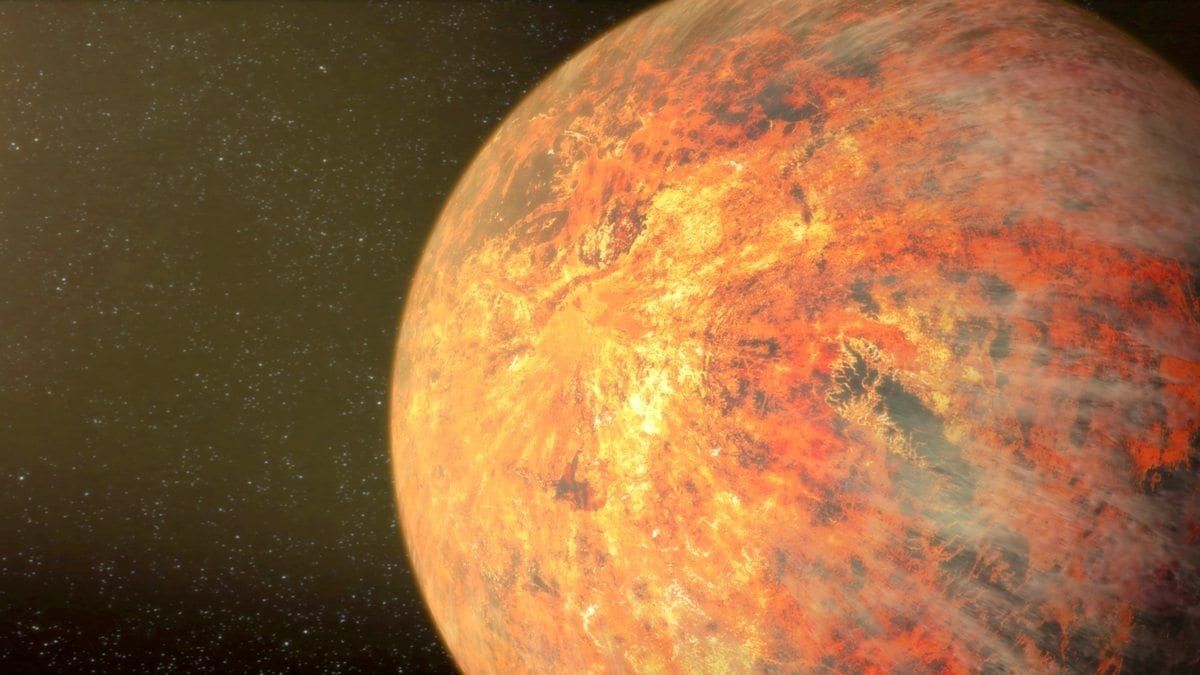 E16
E16The Wildest Weather in the UniverseWe love talking about the weather - is it too hot or too cold, too wet or too windy? It's a national obsession. Now scientists have started looking to the heavens and wondering what the weather might be like on other planets. Today, we are witnessing the birth of extra-terrestrial meteorology, as technology is allowing astronomers to study other planets like never before. They began with our solar system, sending spacecraft to explore its furthest reaches, and now the latest telescopes are enabling astronomers to study planets beyond our solar system. Our exploration of the universe is revealing alien worlds with weather stranger than anyone could ever have imagined - we've discovered gigantic storm systems that can encircle entire planets, supersonic winds, extreme temperatures and bizarre forms of rain. On some planets, the temperatures are so hot that the clouds and rain are believed to be made of liquid lava droplets, and on other planets it is thought to rain precious stones like diamonds and rubies. We thought we had extreme weather on Earth, but it turns out that it is nothing compared to what's out there. The search for the weirdest weather in the universe is only just beginning.
